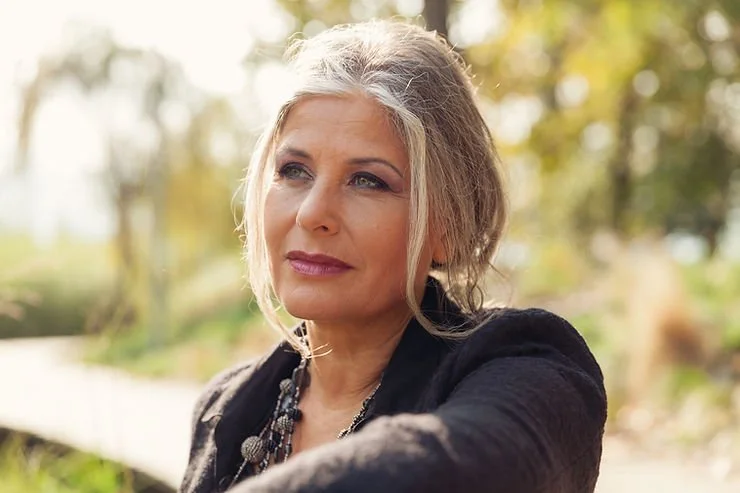Menopause and your pelvic floor
Author: Liz Brown
Learn what your pelvic floor does, and find out if you need to do anything to protect your pelvic floor in the future.
So what happens in perimenopause and menopause to our pelvic floor?
We know that as oestrogen declines, more muscle wasting vs muscle building occurs. This means we have to fight to keep our muscles strong! If we don't manage to strengthen the muscles, then the reduction in oestrogen means they get smaller and smaller. This can have a disastrous effect on the pelvic floor muscles, and can also cause extra aches and pains elsewhere in the body.
Why do our pelvic floor muscles matter?
Our pelvic floor muscles are designed to support our bladder, bowels and uterus. If they aren't working well, then we might be experiencing:
leaking when coughing or sneezing
leaking faeces
difficulty emptying bowels
difficulty emptying bladder
pain in the pelvis, groin or back
painful sex
A pelvic floor physiotherapist is trained to assess the pelvic floor muscles, and let you know if you need to strengthen them or if you need to relax them more (both could be true!). It generally isn't as straightforward as doing pelvic floor squeezes, because our pelvic floor is linked to our brains.
That means we need to consider if we are experiencing any extra stress, anxiety in our day to day life before adding in pelvic floor squeezes. Experiencing an increase in anxiety and stress is common in the perimenopause and menopause, and means small alterations in your day to day can help.
During a pelvic floor assessment, the physiotherapist can guide you on how exactly to do a pelvic floor squeeze and relax, so that you can get the results you'd like at home.
It might be that the physiotherapist combines pelvic floor squeezes and relaxes with other functional movements like squats, so that our pelvic floor is ready to protect us no matter what pressure it is under!
Your pelvic physiotherapist will guide you on what your body needs, and give you a bespoke treatment plan. Liz works closely with menopause specialist GP's and nutritionists who can give extra support where needed.
If you'd like to book in for menopause yoga or workshop, please click here
For a physiotherapy menopause check with Liz, book here.
By Liz Brown Sports & Pelvic Physiotherapist MSc MCSP, HCPC and POGP registered.



